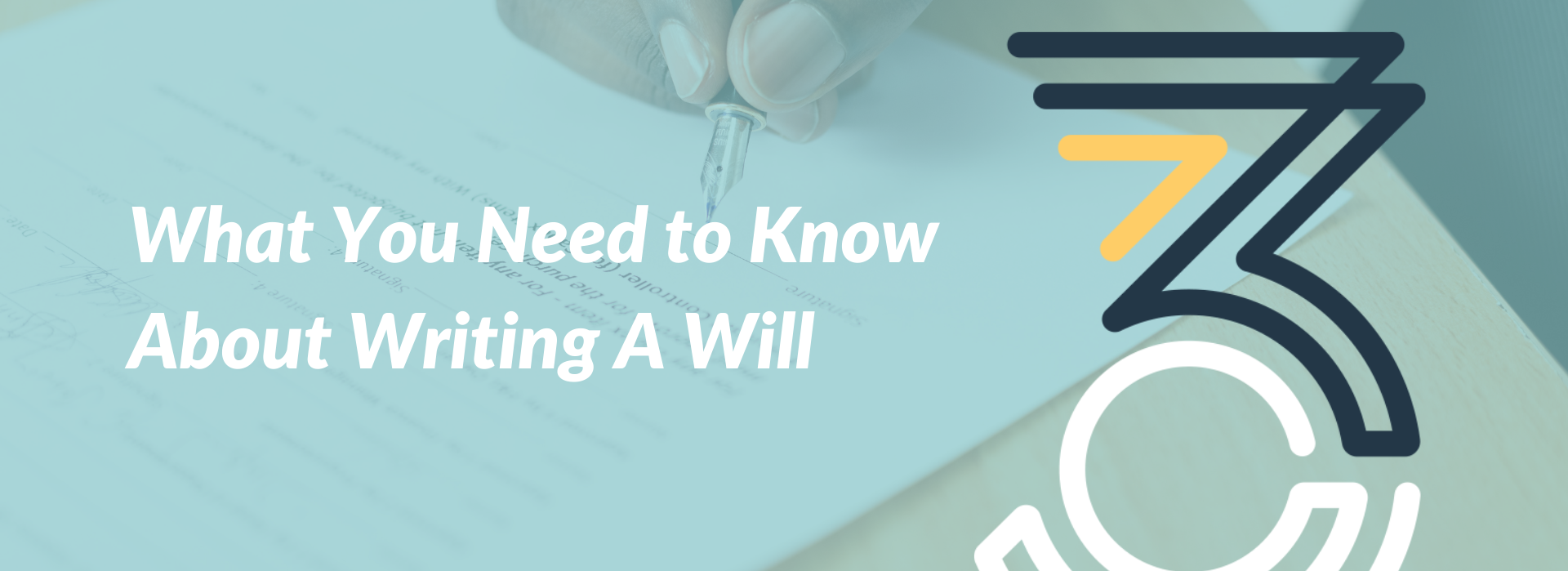According to a survey by the charity Will Aid, more than half of adults in the United Kingdom have not made a will. This figure rises to two-thirds of parents with dependent children who are currently ‘intestate’.
When should you write a Will? Now! Why? Writing a will is especially important if you have children or other family members who depend on you financially, or if you want to leave something to people outside your immediate family.
Your will tells people two very important things:
- Who should have your money, property and possessions when you die.
- Who will be in charge of organising your estate and following the instructions you leave in your will. This person is called your ‘Executor’, and you can name more than one person if you want to.
You can also use your will to tell people about any other wishes you have, like instructions for your burial or cremation.
It’s easy to make a will and it will save your family unnecessary distress at an already difficult time. Without a will, the process can be more time consuming and stressful. If you don’t write a will, everything you own will be shared out in a standard way defined by the law which isn’t always the way you might want. A will can help reduce the amount of Inheritance Tax that might be payable on the value of the property and money you leave behind.
Dying without a valid will is called intestacy or dying intestate. The law about exactly who gets what is different in England, Wales, Scotland and Northern Ireland, but the following applies wherever in the United Kingdom you live;
- If you’re not married and not in a civil partnership, your partner is not legally entitled to anything when you die.
- If you are married, your husband or wife might inherit most or all of your estate and your children might not get anything (except in Scotland). This is true even if you are separated but not if you are divorced.
- If you have children or grandchildren, how much they are legally entitled to will depend on where you live in the UK – but if you make a will you can decide this yourself.
- Any Inheritance Tax that your estate has to pay might be higher than it would be if you had made a will.
- If you die with no living close relatives, your whole estate will belong to the Crown or to the government.
In order to give you peace of mind, you should be sure your will is legally valid. A document is a valid will as long as it says how your estate should be shared out when you die, was made when you were able to make your own decisions and you weren’t put under pressure about who to leave things to. It must be signed and dated by you in the presence of two independent, adult witnesses, and then signed by the two witnesses in your presence – the witnesses can’t be people who are going to benefit from your will.
Your will doesn’t have to be on special paper or use a lot of legal language, and DIY kits or online services are available though it is often said that a badly drawn or invalid will may be worse than having no will in place at all.
The Money Advice Service is a great starting point for further reading as to the benefits of making a will.
Three Counties work alongside trusted Solicitors, well-versed in will writing, who can act on your behalf either as a one-off transaction or as the beginning of an estate planning arrangement for you during your lifetime and for your family’s benefit upon your death.
If you wish to discuss the contents of this blog post please contact martin.howe@three-counties.co.uk or telephone the office on 0191 230 3034.
Disclaimer: The above content does not constitute financial advice. Your circumstances may differ from those outlined and you should seek advice which is relevant to your own situation.


